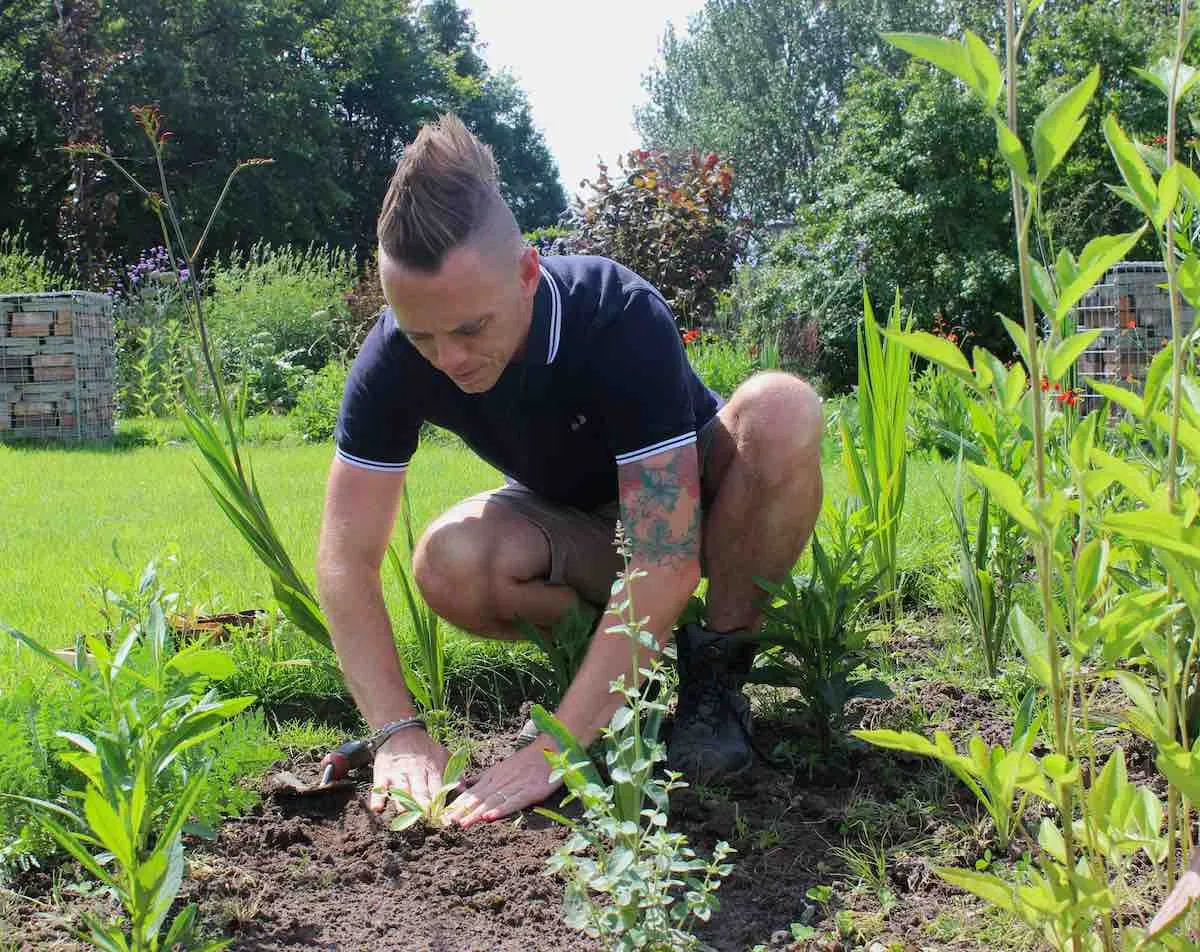Ask a Gardening Question Forum
 Lee Burkhill: Award Winning Designer & BBC 1's Garden Rescue Presenters Official Blog
Lee Burkhill: Award Winning Designer & BBC 1's Garden Rescue Presenters Official Blog

Welcome to the ultimate beginner gardening and garden design forum! Where no gardening question is too silly or obvious. This online gardening forum is run by Lee Burkhill, the Garden Ninja from BBC 1's Garden Rescue and a trusted group of experienced gardeners.
Whether you are a beginner or an expert gardener, it's a safe place to ask garden-related questions for garden design or planting. If you have a problem in your garden or need help, this is the Garden Forum for you!

Posting Rules: This space is open for all garden-related questions. Please be polite, courteous and respectful. If you wouldn't say it to your mum's face, then don't post it here. Please don't promote, sell, link spam or advertise here. Please don't ask for 'cheeky' full Garden redesigns here. They will be deleted.
If you need a garden design service, please use this page to book a design consultation. I will block anyone who breaks these rules or is discourteous to the Garden Ninja Community.
Join the forum below with your gardening questions!


JOIN THE NINJAS
Join our Ninja community for your Exclusive Discounts
JOIN THE NINJAS

Be the first in line for new Guides, Discount codes and Offers